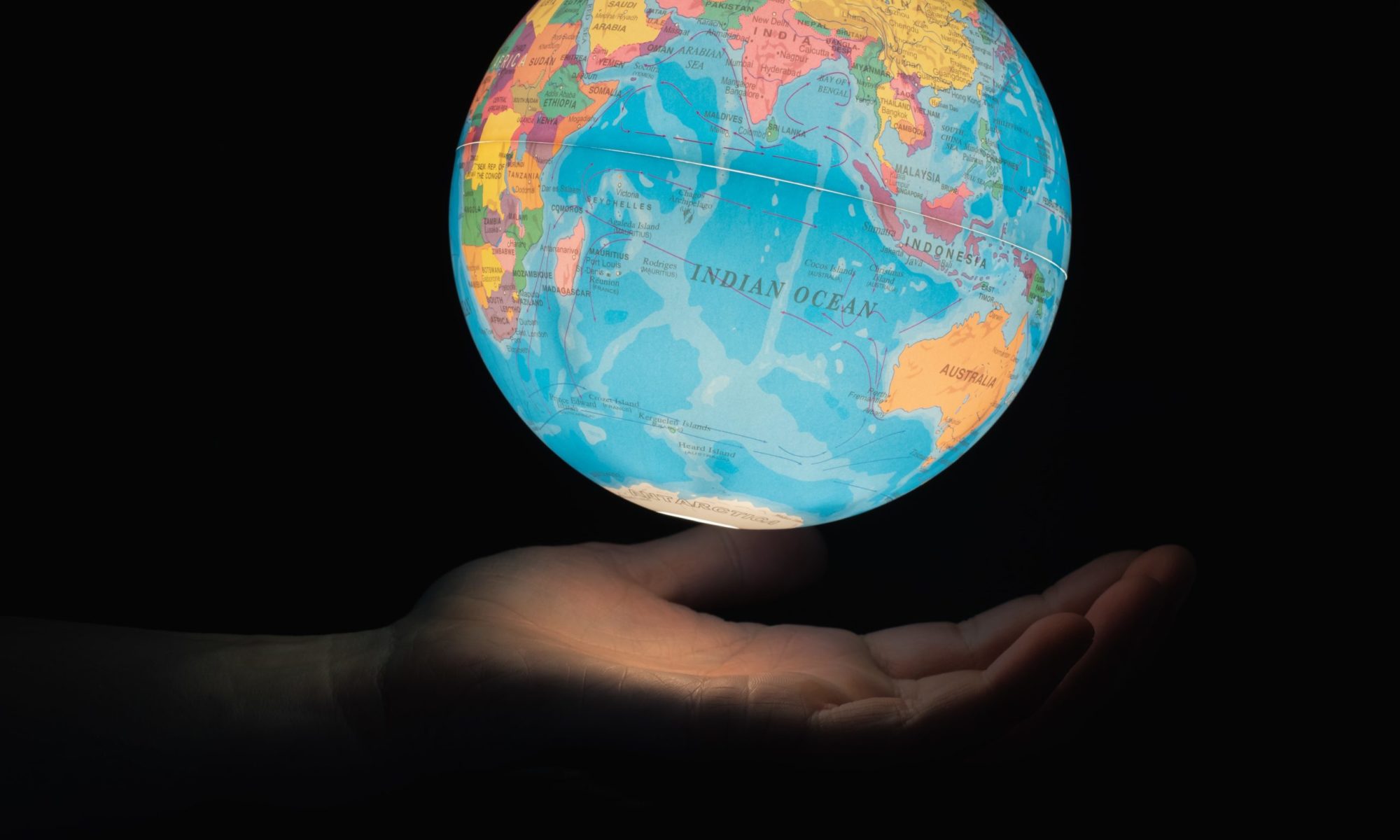
Student profile: Lucas Wißmann, 24 years old, Psychology student
Thu: How do you define cultural diversity?
Lucas: I would see cultural diversity in society as people from different cultural backgrounds come together and interact with each other. That could be understood as an exchange.
Thu: Do you think cultural diversity and globalisation are the same?
Lucas: No, but I think they go hand-in-hand. If we live in a globalised world, people start to go abroad, trade internationally, immigrate to other countries, etc. That is when globalisation leads to cultural diversity, but for me, globalisation also refers to economics, business and other things. For example, Germany trades with the US or Vietnam, but it doesn’t mean that we are exchange cultures directly.
Thu: Which benefits does cultural diversity bring you?
Lucas: I would refer to my experience in my dormitory where I’m living in Trier. We have nearly 150 people from over 65 countries, representing perfectly cultural diversity, especially when we had the international cooking evenings. There we benefited from each other where we learn something from other cultures, learn how to cook food from other countries and get to know different perspectives. For example, when we talk to each other, sometimes we might have different opinions because of the experience we have made from our cultures. And to me that’s interesting.
Thu: How is your student life connected with diversity?
Lucas: I have many experiences during my student life with other cultures, especially when I lived in my dormitory. Also, I made an ERASMUS in Spain where I had the opportunity to meet different people from various cultures. I am always happy to meet people from other backgrounds, and I enjoy getting to know about different views and learning new things.
Thu: Do you think COVID-19 has affected cultural diversity since it restricts social contacts and creates more inequality?
Lucas: Definitely, it is more challenging to live and experience cultural diversity since we can not meet many people at once and have to reduce social contacts. All the meetings in the dormitories or university or even cooking together is no longer possible. We all have to restrict our social circle to very few people. It is more difficult to live among different cultures in person, but I am grateful that I’m still in touch with my friends worldwide with the help of technological development.
Thu: Do you think digitalisation and technologies help us to bring more cultural diversity?
Lucas: I think it makes our lives easier to connect with other cultures, absolutely. I use Skype or Zoom to communicate with friends all over the globe and get in touch with other people. For example, even with the government’s restrictions, I could still write my bachelor thesis using data I collected via my digital social networks from Tanzania, for instance. So I think it makes things accessible through the digital world, especially in times of a pandemic like this.
Thu: Thank you so much for your time and effort!
*Note: This interview was done in the form of Zoom video.
